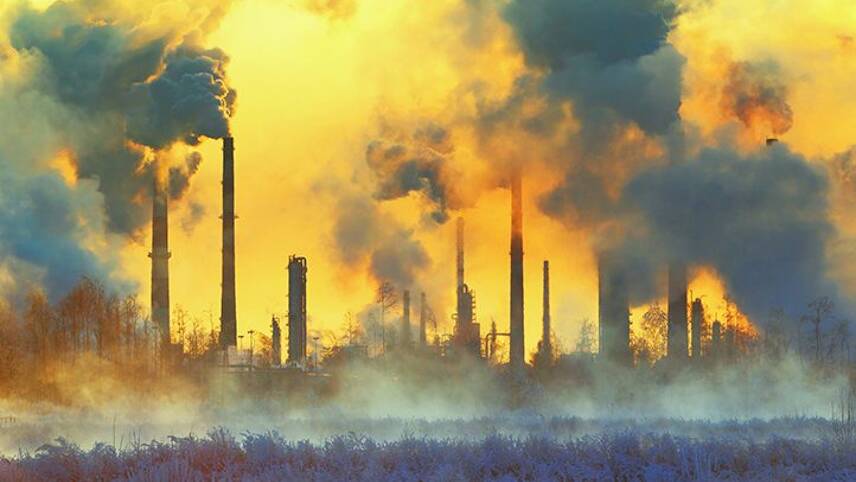Register for free and continue reading
Join our growing army of changemakers and get unlimited access to our premium content

Many scenarios offered by energy giants fall between 1.5C and 2C
The UN Environment Programme (UNEP) has this morning (20 October) published the 2021 Production Gap Report. The report, first launched in 2019, measures the gap between national fossil fuel production plans and the level of global fossil fuel usage that would be consistent with the Paris Agreement.
The latest report warns that despite almost three-quarters of the global GDP being covered by actual or intended net-zero strategies, the fossil fuel production gap still remains incompatible with the aims of the Paris Agreement.
UNEP found that governments plan to produce more than double the amount of fossil fuels in 2030 than what would be consistent with limiting global warming to 1.5C. In fact, fossil fuel production looks to be around 110% more than would be consistent with limiting warming to 1.5C and 45% more than consistent with 2C by 2030.
National production projections from nations such as the UK, the US, Germany and Brazil all look set to contribute to creating 240% more coal, 57% more oil, and 71% more gas in 2030 than would be consistent with limiting global warming to 1.5C.
“The devastating impacts of climate change are here for all to see. There is still time to limit long-term warming to 1.5C, but this window of opportunity is rapidly closing,” UNEP’s executive director Inger Andersen said.
“At COP26 and beyond, the world’s governments must step up, taking rapid and immediate steps to close the fossil fuel production gap and ensure a just and equitable transition. This is what climate ambition looks like.”
The 2021 Production Gap Report provides country profiles for 15 major producer countries: Australia, Brazil, Canada, China, Germany, India, Indonesia, Mexico, Norway, Russia, Saudi Arabia, South Africa, the United Arab Emirates, the United Kingdom, and the United States.
It found that total fossil fuel production will likely increase up to at least 2040, which would further widen the production gap.
Fossil fuel funding
The UNEP report also states that countries have collectively funnelled more than $300bn in new funding to fossil fuel activities in response to the Covid-19 pandemic, which is more than what has been directed to clean energy.
Earlier this month, an alliance of finance giants collectively representing $90trn in assets is urging G20 nations to end fossil fuel subsidies, bolster carbon pricing and introduce new climate mandates for businesses, to ensure long-term net-zero pledges are credible.
The call to action is being made by the Glasgow Financial Alliance for Net-Zero (GFANZ) – an initiative established earlier this year in the hopes of uniting the global financial sector on the transition to net-zero by 2050, chaired by Mark Carney.
It urges unified commitments to the Paris Agreement in line with 1.5C; the UN’s recent Synthesis Report on Nationally Determined Contributions (NDCs) to the Paris Agreement concluded that current commitments would deliver a projected decrease in global emissions of 12% by 2030, compared to 2010 levels. However, a 25% decrease would be needed to deliver a 2C world, or a 45% decrease to deliver a 1.5C world.
The G7 meeting in Cornwall this year resulted in all nations pledging to end direct government support for new thermal coal generation capacity without co-located carbon capture and storage (CCS) technologies by the end of this year. All other “inefficient” fossil fuel subsidies will be phased out by 2025.
“Early efforts from development finance institutions to cut international support for fossil fuel production are encouraging, but these changes need to be followed by concrete and ambitious fossil fuel exclusion policies to limit global warming to 1.5C,” the International Institute for Sustainable Development’s (IISD) senior policy advisor Lucile Dufour commented.
Matt Mace


Please login or Register to leave a comment.